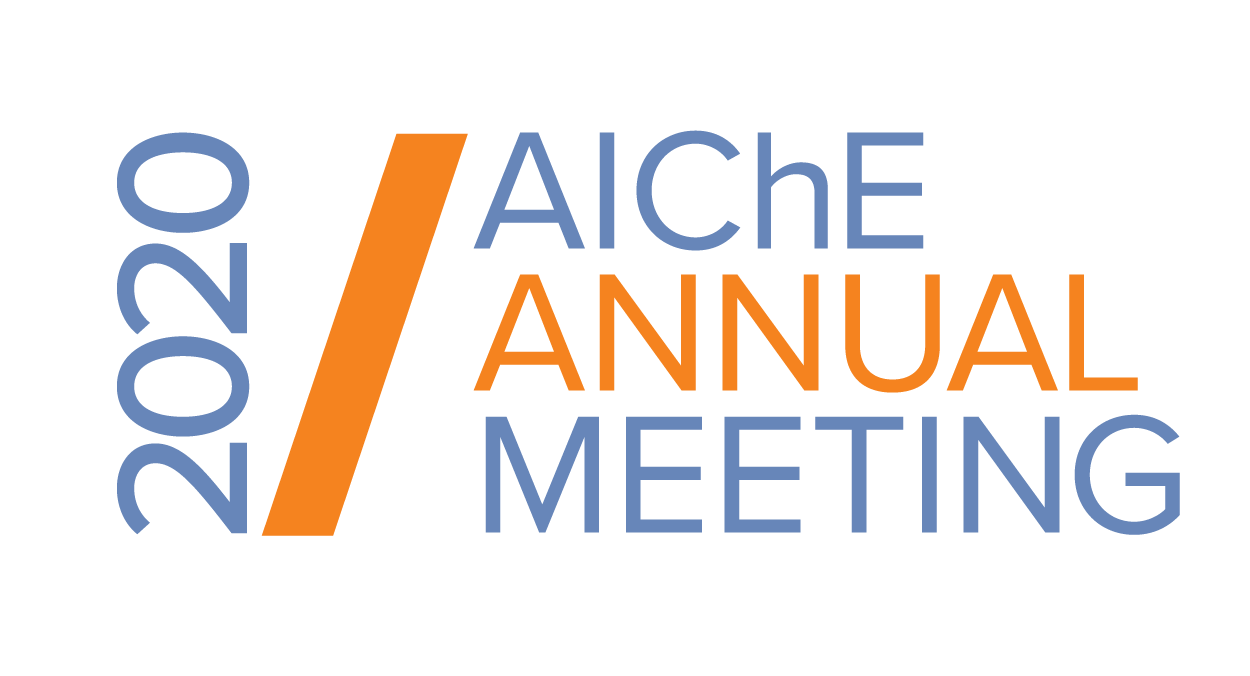

The emergence of COVID-19 as an international pandemic has caused unprecedented disruptions to modern life. As economies reopen and society adjusts to a new normal, there is a critical need to not just diagnose currently or previously infected individuals but also to be able to rapidly detect the presence of viral particles in the environment. As supported by an NSF RAPID grant, this talk will describe work the authors are doing to develop antibody-based sensor devices to meet this need. Three strategies are being pursued in parallel to identify viable pairs of antibodies: in silico design of novel binders, rational engineering of SARS-CoV binding antibodies, and in vitro screening of antibodies from the spleens of MERS-immunized mice. Once candidate antibodies are identified, they are subsequently assessed for their ability to detect SARS-CoV-2 in complex fluids via a sandwich assay in a nanoplasmonic barcode device.
Presenter(s)
Once the content has been viewed and you have attested to it, you will be able to download and print a certificate for PDH credits.
If you have already viewed this content,
please click here
to login.
